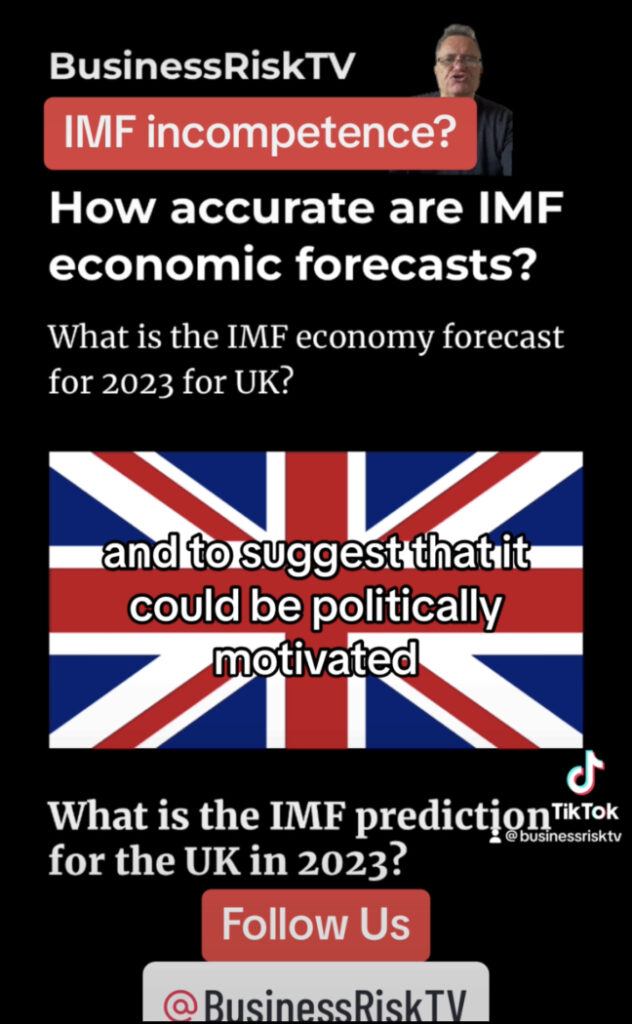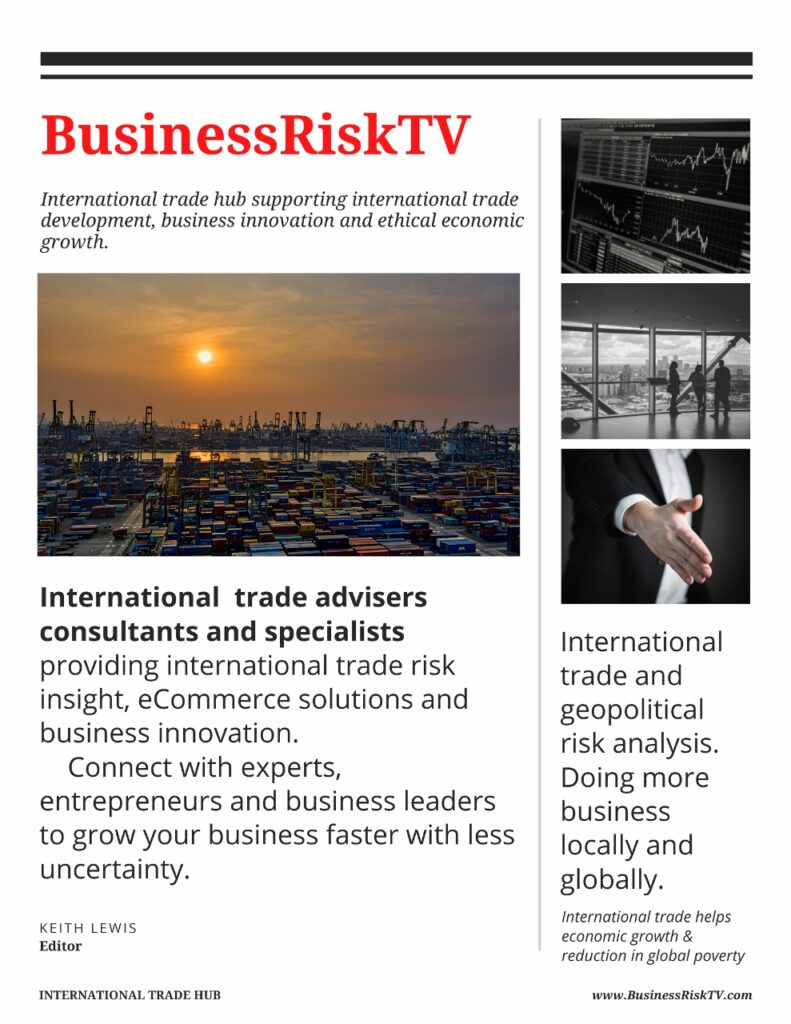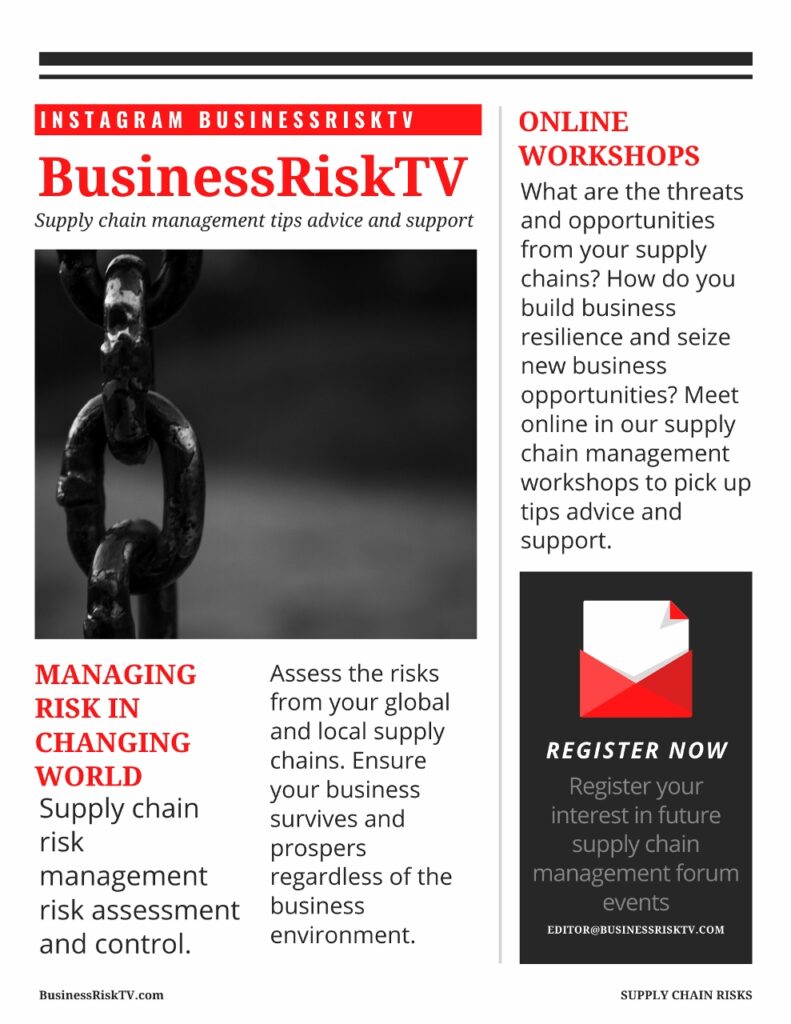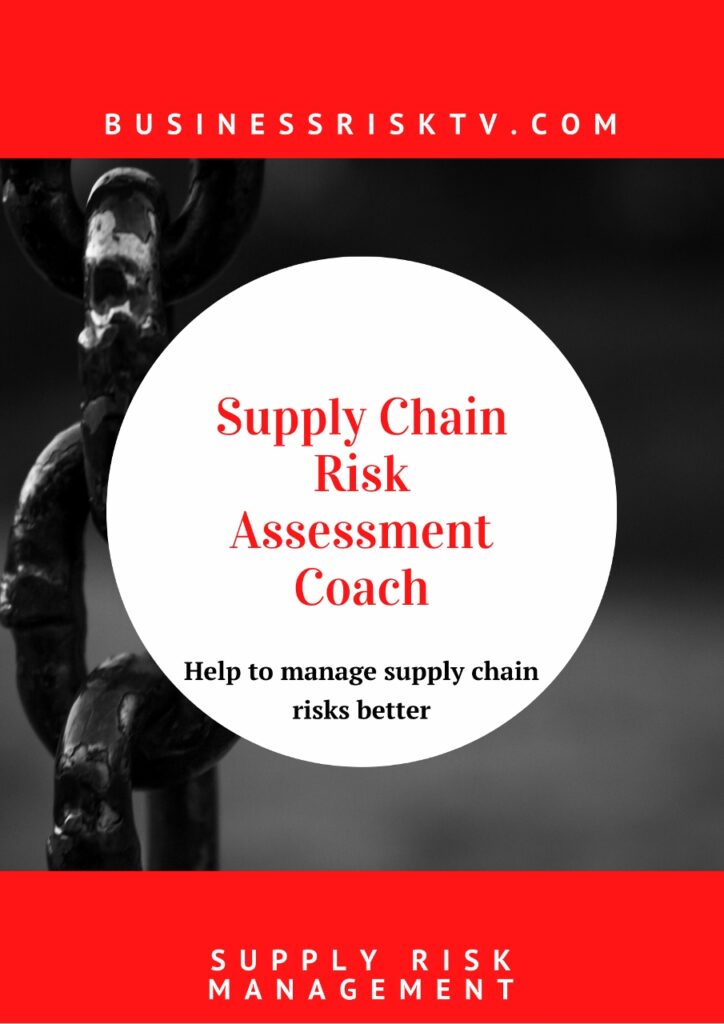Navigating the Storm: A UK Manufacturing Expert’s Outlook for 2024
The past year and a half have painted a somber picture for UK manufacturing. Whispers of contraction morphed into a sustained roar, with the Manufacturing Purchasing Managers’ Index (PMI) languishing below the 50-point threshold – a signal of decline – for 17 consecutive months. Employment followed suit, mirroring the production slump with 15 months of contraction. 2024 beckons, yet the question on every manufacturer’s mind remains: are we weathering a storm, or has the tide changed direction entirely?
As a UK manufacturing expert, I’d caution against hasty pronouncements. The landscape is complex, rife with both headwinds and tailwinds. Recognising their interplay is crucial to navigating the coming year.
Headwinds: The Persisting Perils
The storm clouds linger, casting long shadows on the path ahead. Inflation, though showing signs of moderating, remains a potent adversary. The cost-of-living crisis continues to squeeze consumer spending, dampening demand for manufactured goods. The war in Ukraine has disrupted global supply chains, making critical materials harder and more expensive to procure. Brexit’s aftershocks continue to reverberate, with complex trading arrangements and customs checks snarling export pathways.
Furthermore, geopolitical tensions and the looming potential for a global recession threaten to further dampen global appetite for British-made goods. The Bank of England’s ongoing quest to curb inflation through interest rate hikes could also stifle investment and growth. These are formidable foes, each capable of causing turbulence in the year ahead.
Tailwinds: Glimmering Rays of Hope
Yet, amidst the gloom, flickers of optimism dance. The PMI, while still in contractionary territory, has shown signs of a modest uptick in recent months. This, paired with easing supply chain pressures and a potential softening of energy prices, offers a glimmer of hope for output stabilisation. Of course Black Swan events could darken the horizon even more!
The UK government’s renewed focus on manufacturing, as evidenced by policies like the Levelling Up agenda and increased R&D funding, could provide much-needed impetus. Public investments in infrastructure and green technologies also present lucrative opportunities for savvy manufacturers. Moreover, the UK’s inherent strengths – its skilled workforce, innovative spirit, and strategic location – remain undimmed. These are the life rafts that can keep UK manufacturing afloat during choppy waters.
Charting the Course: Strategies for Survival and Success
The coming year demands more than simply weathering the storm. It calls for strategic agility, adaptability, and a laser-sharp focus on resilience. Here are some key strategies that UK manufacturers can adopt to navigate the uncertainties of 2024:
- Embracing Innovation: Technological advancements in automation, artificial intelligence, and additive manufacturing offer significant opportunities for productivity gains and cost reduction. Investing in these technologies can make UK manufacturers more competitive in the global arena.
- Reskilling and Upskilling: The industry desperately needs a skilled workforce equipped for the challenges of the future. Embracing apprenticeship programmes, reskilling initiatives, and partnerships with educational institutions can ensure a talent pool capable of driving future growth.
- Supply Chain Reimagination: Building robust and diversified supply chains, exploring nearshoring and onshoring opportunities, and embracing digital supply chain management solutions can mitigate disruption risks and enhance operational efficiency.
- Embracing Sustainability: Integrating sustainability into every aspect of production, from design to materials sourcing and waste management, can not only mitigate environmental impact but also tap into the growing demand for green products.
- Collaboration and Consolidation: Joining forces with fellow manufacturers through strategic partnerships and alliances can foster knowledge sharing, resource pooling, and market access, thereby bolstering collective resilience.
A Year of Reckoning and Reimagining
2024 will be a year of reckoning for UK manufacturing. The industry must confront its vulnerabilities, capitalise on its strengths, and adapt to the ever-changing global landscape. It’s a time for bold decisions, not timid steps. This crisis presents an opportunity to reimagine British manufacturing, leveraging innovation, sustainability, and strategic partnerships to build a more resilient and competitive future.
The road ahead will be challenging, but by embracing flexibility, harnessing technology, and fostering collaboration, UK manufacturers can transform the winds of uncertainty into the sails of progress. Remember, even the roughest seas eventually give way to calmer waters. Let’s navigate this storm together, not as passengers clinging to hope, but as captains with a clear vision for a brighter manufacturing future.
Further Insights: A Statistical Panorama
The Manufacturing PMI: Throughout 2023, the Manufacturing PMI hovered around 45-47, a clear signal of ongoing contraction. However, November 2023 saw a slight uptick to 46.7, potentially marking a turning point.
Employment Decline: Manufacturing employment fell by 0.7% in October 2023, representing the 15th consecutive month of contraction. However, the rate of decline has slowed in recent months, potentially indicating a stabilising trend.
Export Challenges: Brexit’s impact on exports remains a concern. Trade barriers and cumbersome documentation processes continue to impede access to key European markets. Manufacturers must seek alternative markets, negotiate favourable trade agreements, and adopt digital customs solutions to mitigate these challenges.
Green Shoots of Hope: Despite the headwinds, several pockets of optimism offer promising prospects. The aerospace, defense, and life sciences sectors have shown resilience and continue to attract investment. The burgeoning green economy also presents significant opportunities for manufacturers with expertise in renewable energy technologies and sustainable materials.
A Call to Action: The government, industry bodies, and individual manufacturers must come together to create a supportive ecosystem. This includes advocating for fair trade deals, promoting skills development, providing access to finance, and investing in research and development. Only through collective action can we create a thriving UK manufacturing sector that can weather any storm.
Conclusion: Beyond the Horizon
The storm clouds may loom large, but the horizon beyond them shimmers with the promise of a brighter future. 2024 will be a year of reckoning and reimagining for UK manufacturing. By embracing innovation, agility, and collaboration, we can navigate the choppy waters and emerge stronger on the other side. This is not just an economic imperative; it’s a national one. A robust and dynamic manufacturing sector forms the backbone of a healthy economy, providing jobs, generating exports, and fueling innovation. As we navigate this critical juncture, let us remember that the spirit of British ingenuity still burns bright. Let us harness that spirit, channel it into strategic action, and together, ensure that UK manufacturing once again becomes a global force to be reckoned with.
5 Practical Steps for UK Manufacturers to Thrive in 2024’s Stormy Seas:
1. Embrace Automation and AI:
- Invest in robotics and automation solutions: Streamline production processes, reduce labor costs, and enhance consistency. Consider collaborative robots (cobots) for tasks alongside human workers.
- Implement AI-powered predictive maintenance: Minimise downtime and improve equipment efficiency by anticipating potential failures before they occur.
- Utilise AI for demand forecasting and inventory management: Optimise stock levels based on real-time data, preventing shortages and minimising waste.
2. Forge Strategic Partnerships:
- Collaborate with fellow manufacturers: Pool resources, share expertise, and co-develop innovative products. Explore opportunities for joint marketing and procurement.
- Partner with universities and research institutions: Access cutting-edge technologies and talent, and participate in collaborative R&D projects.
- Build robust supplier networks: Diversify your supply chain, establish close relationships with local suppliers, and leverage digital supply chain platforms for greater transparency and efficiency.
3. Go Green and Reap the Rewards:
- Integrate sustainability into every aspect of operations: Reduce energy consumption, minimise waste, and utilise environmentally friendly materials. Explore renewable energy sources and optimise production processes for efficiency.
- Develop and market sustainable products: Cater to the growing demand for eco-friendly solutions. Consider circular economy principles and develop products designed for easy repair, reuse, and recycling.
- Obtain sustainability certifications: Enhance brand reputation and attract environmentally conscious consumers and investors.
4. Upskill and Reskill Your Workforce:
- Invest in training programs: Equip your employees with the skills needed to operate and maintain advanced technologies. Develop talent pipelines for future needs.
- Embrace apprenticeships and work-based learning: Foster a skilled future generation of manufacturers.
- Promote lifelong learning: Encourage employees to continuously update their skills and knowledge through ongoing training and development opportunities.
5. Leverage Digitalisation and Data Analytics:
- Implement cloud-based ERP systems: Improve operational efficiency, streamline communication, and enhance data visibility across the organisation.
- Embrace data analytics: Gain valuable insights from production data,customer feedback, and market trends. Optimise decision-making and identify new opportunities for growth.
- Invest in cybersecurity: Protect your digital infrastructure and sensitive data from cyberattacks.
These are just a few practical steps that UK manufacturers can take to navigate the uncertainties of 2024. By embracing innovation, fostering collaboration, prioritising sustainability, investing in their workforce, and leveraging digital tools, they can not only survive the storm but emerge stronger and more competitive on the other side. Remember, flexibility, adaptability, and a proactive approach will be key to weathering the challenging year ahead.
Get help to protect and grow your UK manufacturing business
Subscribe for free risk alerts and risk reviews
Read more business risk management articles














